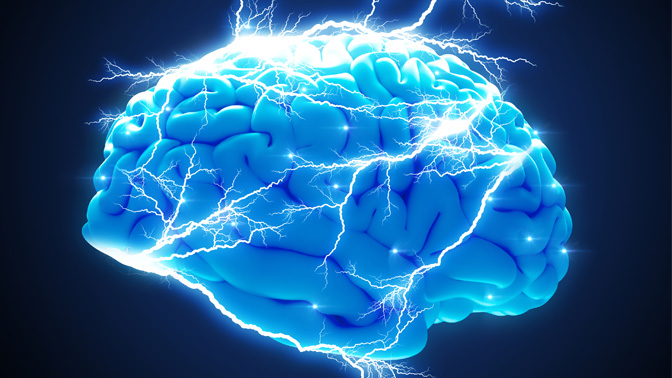
We are all walking around with genetic variations. In most cases, these variations are completely harmless. In other cases, they can lead to serious conditions, including an increased likelihood of experiencing seizures. This is the case for people living with 22q11.2 deletion syndrome (DS). The name 22q11.2 deletion syndrome covers terms once thought to be separate conditions, such as DiGeorge syndrome and velocardiofacial syndrome.
22q11.2 deletion syndrome is the second-most common genetic disorder after Down syndrome, affecting about one in 4,000 births. It is caused by the deletion of a section of chromosome 22. In turn, this deletion can affect the production of more than 40 different proteins.
People with this syndrome can experience a wide range of symptoms, including heart defects, poor immune function, low calcium levels, as well as neuropsychiatric conditions such as developmental delay, intellectual disability and schizophrenia. However, some neuropsychiatric symptoms remain poorly understood. In particular, while there has been evidence that children with DS are at a higher risk of having seizures, there has been very little research conducted on adults with the syndrome.
To address this issue, Krembil Clinical Researcher Dr. Danielle Andrade and her team reviewed the medical records of 202 adult patients with 22q11.2 deletion syndrome. They found that nearly 16% of patients had a confirmed history of provoked seizures, and 5% had a history of epilepsy (recurrent, non-provoked seizures) which is significantly greater than the occurrence in the general population.
Many factors can provoke a seizure, such as a high fever, low calcium levels in the blood or the effects of drugs. Low calcium levels are common in people with DS and could explain some of their increased risk for seizures. An even more important factor may be drug use—particularly antipsychotics and antidepressants—with 66% of DS patients documented as taking these medications during one or more of their seizures. Half of the patients in the study had their first seizure while starting or increasing their dose of these medications, many times in order to lessen the severity of other neuropsychiatric symptoms associated with the syndrome.
“Our finding should alert clinicians to the heightened risk of seizures not only in children, but also in adults with 22q11.2 deletion syndrome,” says Dr. Andrade, “especially those with neuropsychiatric symptoms who are in need of antipsychotic and antidepressant medications, which was the majority of patients in our study.”
This work was supported by the Brain and Behaviour Foundation, Canadian Institutes of Health Research, Brain Canada, unrestricted educational grant from UCB, and the Toronto General & Western Hospital Foundation. AS Bassett holds a Tier 1 Canada Research Chair in Mental and Behavioural Disorders.
Wither RG, Borlot F, MacDonald A, Butcher NJ, Chow EWC, Bassett AS, Andrade DM. 22q11.2 deletion syndrome lowers seizure threshold in adult patients without epilepsy. Epilepsia. 2017 Jun. doi: 10.1111/epi.13748.




